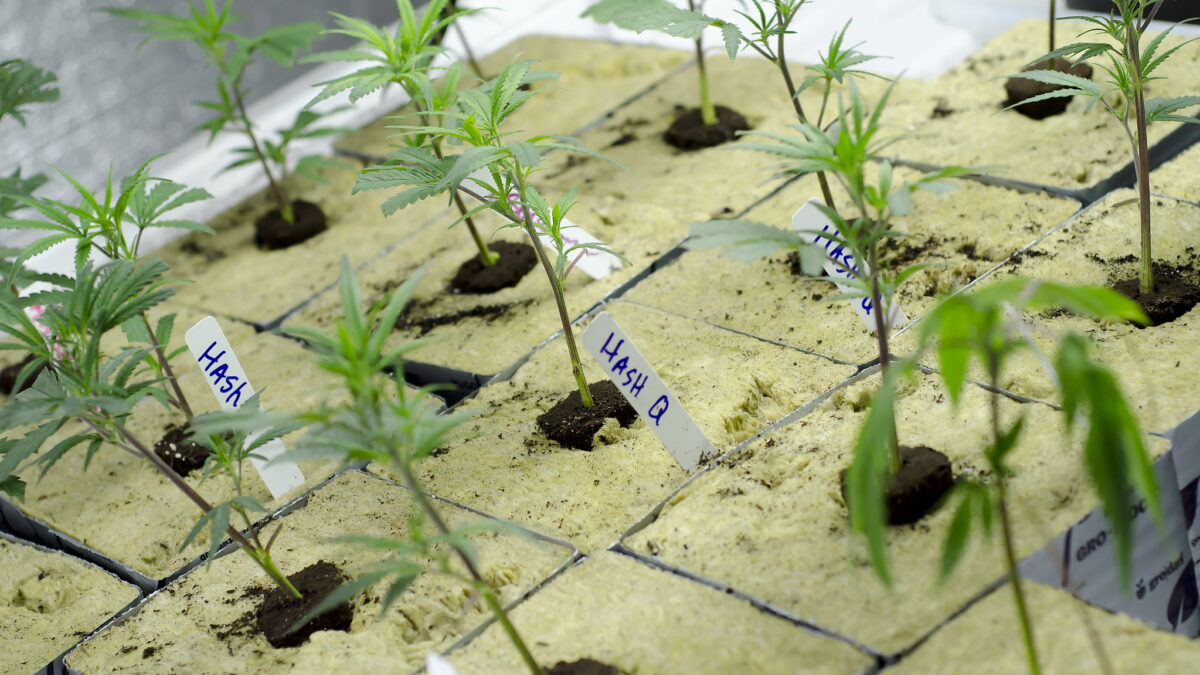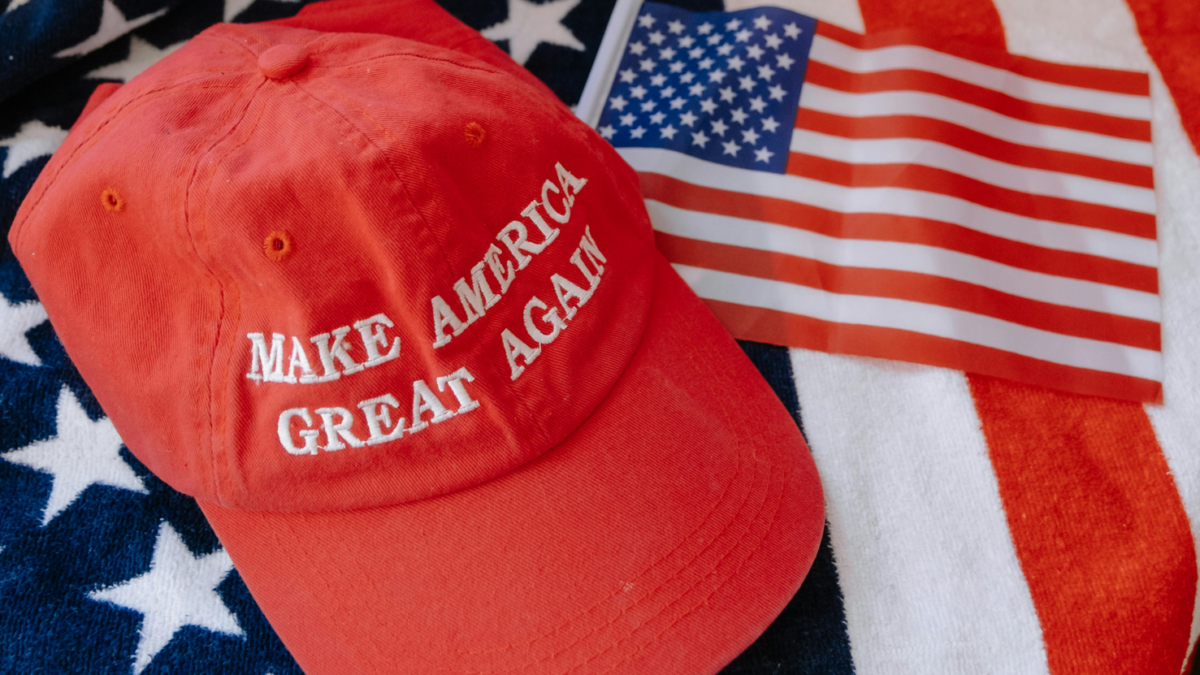Pot, reefer, ganja, hashish, weed, cannabis — call it what you will, John Fetterman is definitely a fan. His official campaign T-shirts for the U.S. Senate race in Pennsylvania are emblazoned with four-finger cannabis leaves. A longtime advocate for cannabis reform according to his campaign website, Fetterman is working “to end the war on drugs by fighting to deschedule marijuana, expunge the records of those convicted of nonviolent marijuana offenses, and prevent the monopolization of this vibrant new industry.”
But Fetterman doesn’t just want to decriminalize weed; he wants to legalize it. Fetterman has support from a number of other Democrats, including Sen. Cory Booker of New Jersey, also a longtime advocate for the legalization of marijuana. Will their desire to legalize the drug rub off on President Joe Biden? Maybe. But the rush to make marijuana legal across the country deserves a great deal of scrutiny.
Decriminalization vs. Legalization
Although decriminalization and legalization are often used interchangeably, they mean different things. The former means that although a drug is still prohibited by law, a person found carrying a limited quantity of that drug isn’t prosecuted. Considering the disastrous results of the “war on drugs,” decriminalization makes sense.
The same cannot be said for legalization, which involves the removal of all legal prohibitions against a drug. The legalization of marijuana would create an industry driven by a desire to sell as much of the drug as possible.
The majority of Americans appear to be in favor of legalizing both recreational and medical marijuana. The recreational use of cannabis is legal in Washington, D.C., and 19 U.S. states. Meanwhile, the medical use of cannabis is legal in 39 states as well as D.C.
Dangers of Legalization
In the 1980s and 1990s, Americans were told, somewhat naively, to “just say no” to weed. Today, an increasing number of Americans are saying yes to the psychoactive drug. According to the results of a 2021 Gallup poll, 49 percent of adults said they had tried marijuana; in 2019, 45 percent said they had. Marijuana is now the most popular illicit (or semi-illicit) drug in the U.S. Contrary to popular belief, smoking marijuana on a regular basis does make you lazier. Chronic use of “chronic,” as the kids call it, lowers levels of dopamine in the striatum, a part of the brain that plays a key role in decision-making and motivation. The U.S. is already one of the world’s laziest countries.
But the dangers of legalization go far beyond daytime napping and potato chip binges. Research suggests that people who smoke marijuana on a regular basis have a five-fold increased risk of developing psychosis compared to non-smokers. Moreover, research suggests that the regular use of marijuana is likely to precede the use of other more illicit and more dangerous substances.
Links to Abuse
Marijuana use creates dependency, abuse, and addiction. Data suggests that as many as 30 percent of those who use the drug in the U.S. may have some type of marijuana use disorder. In a recent piece for Common Sense, Suzie Weiss discussed 22-year-old Sophie Jacobson. “Most days,” wrote Weiss, Jacobson “wakes up nauseous and has to vape some medical-grade marijuana to work up an appetite.”
After reading the article, Alex Berenson, an author who has shed much light on the dangers of chronic cannabis use, said: “If Jacobson had told the interviewer she needed a couple shots of ‘medical-grade’ vodka every morning to start her day, the problem would have been obvious, but the cannabis industry and drug legalizers have sown such confusion over their preferred intoxicant that users and reporters can spout this nonsense with straight faces.”
Jonathan Alpert, a psychotherapist familiar with the dangers of the drug, told me “the more that marijuana use is glamorized by the media and politicians, and purported to be safe, the more problems I am seeing related to use.”
Alpert said marijuana users “are more depressed, more anxious, less motivated, and less able to focus and get tasks done due to regular use. Not until it is brought to their attention do they connect the dots and realize that pot actually hurts, not helps, their mental health.”
Only Getting Worse
Kevin Sabet, a former White House drug policy adviser and founder of Smart Approaches to Marijuana (SAM), echoed Alpert’s sentiments. “Moving to legalize marijuana means commercializing another addictive drug and creating an addiction-for-profit industry modeled after Big Tobacco,” Sabet told me. He stressed that “the marijuana of today is not the 5 percent THC Woodstock Weed of the 1970s.” Instead, the legal industry sells far more addictive and dangerous marijuana products with THC levels that are much higher.
Long-term use of these high-potency products can reduce IQ by 8 points, he said. Moreover, “with studies showing that rates of cannabis use disorder among teenagers increase 25 percent after recreational legalization, we can expect negative outcomes will only be exacerbated with further legalization,” according to Sabet.
I asked Sabet why so many politicians on the left are eager to legalize weed. In his opinion, they are “being duped by young staffers who think it’s a winning issue at the polls — even though we know that cannabis policy does not drive voters to choose a specific candidate.” Today, he added, “people conflate popular issues with those that actually drive voting behaviors. So many politicians (including right-wing libertarians) are buying into this to get votes — I don’t believe that many of the pro-pot Democrats (like Sen. Chuck Schumer) really care about the actual cannabis issue at all.” It’s just politics, pure and simple.
Sabet may be on to something. After all, toward the tail end of last year, Biden’s numbers with younger voters — those aged 18-30 especially — took a sharp nosedive. For desperate Democrats, focusing on weed makes sense. After all, Generation Z is the first generation to prefer the consumption of marijuana over the consumption of alcohol. Gen Z, we’re told, will almost single-handedly shape the marijuana industries of the future. This fact is not lost on the left, one assumes.
Famously referred to as “the prodigy of drug politics,” when Sabet talks, people listen — or at least they ought to.







